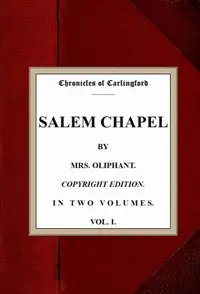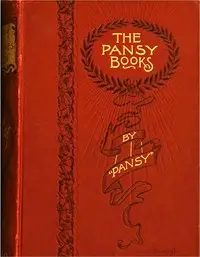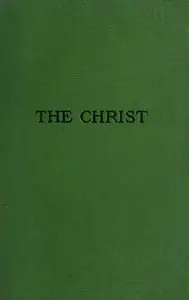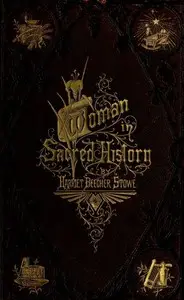"The Pastor's Son" by William W. Walter is a reflective story set in a time when faith and reason clash. It follows Walter, a young, frail man and the son of a reverend, as he faces profound questions about pain, divine will, and his own sickness. Set against the backdrop of a Thanksgiving morning filled with both anticipation and anxiety, the novel explores the family's hardship with Walter's persistent ailment, and the different outlooks of father and son regarding faith. Walter’s internal battle leads him to encounter "Science and Health," which sparks a change in his thinking and a quest for a deeper, more spiritual grasp of his condition. He begins to question deep-rooted beliefs. Walter’s search for answers could shake the foundations of his loved ones' faith and their understanding of God.

The Pastor's Son
By William W. Walter
A sickly young man's quest to understand his suffering ignites a battle between traditional faith and newfound spiritual understanding.
Summary
About the AuthorEschatology is a New Thought movement founded by American writer and former practitioner William W. Walter. Walter was formally a member of the Catholic Church and then The First Church of Christ, Scientist until 1912 when he rejected organized religion in order to found his own metaphysical system. Although it is generally classified as a new religious movement, Walter did not see it as a religious movement, and his followers reject the association with religion. He originally named his organization "The Walter Method of Christian Science"; and the term Eschatology as a trademark for Walter's teaching was not used until the 1920s.
Eschatology is a New Thought movement founded by American writer and former practitioner William W. Walter. Walter was formally a member of the Catholic Church and then The First Church of Christ, Scientist until 1912 when he rejected organized religion in order to found his own metaphysical system. Although it is generally classified as a new religious movement, Walter did not see it as a religious movement, and his followers reject the association with religion. He originally named his organization "The Walter Method of Christian Science"; and the term Eschatology as a trademark for Walter's teaching was not used until the 1920s.














